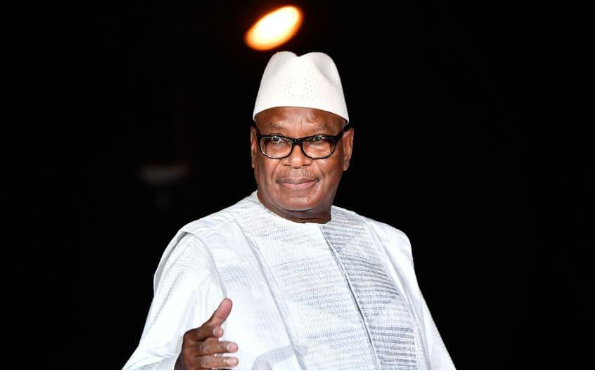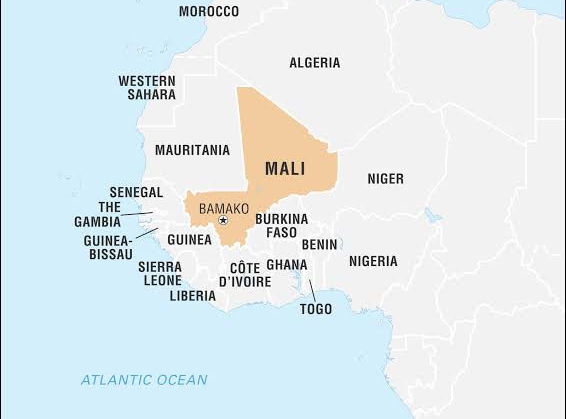Former President of Mali, Ibrahim Keita is dead.
The former leader who was ousted in a military putsch led by young officers died at the age of 74
According to a family member and several others, the “President IBK died on Sunday at 0900 GMT in his home” in Bamako.
Although, the cause of Keita’s death wasn’t stated.
But it would be recalled that Keita suffered a mini-stroke in 2020 and was sent to the United Arab Emirates for treatment.
This was coming after Keita was forced out of office on August 18, 2020, by young military officers who staged an uprising at a base near Bamako before heading into the city, where they seized Keita and other leaders.
Keita was two years into his second five-year term when he was deposed by the military.
In the weeks before the coup, he was reported to be struggling with protests fed by his handling of a jihadist insurgency and failure to turn around Mali’s floundering economy.
Under pressure from the West African bloc ECOWAS, the junta who emerged from the rebellion released Keita on August 27 and returned him to his residence in Bamako, under surveillance.
The ruling junta would stage another coup in May 2021.


